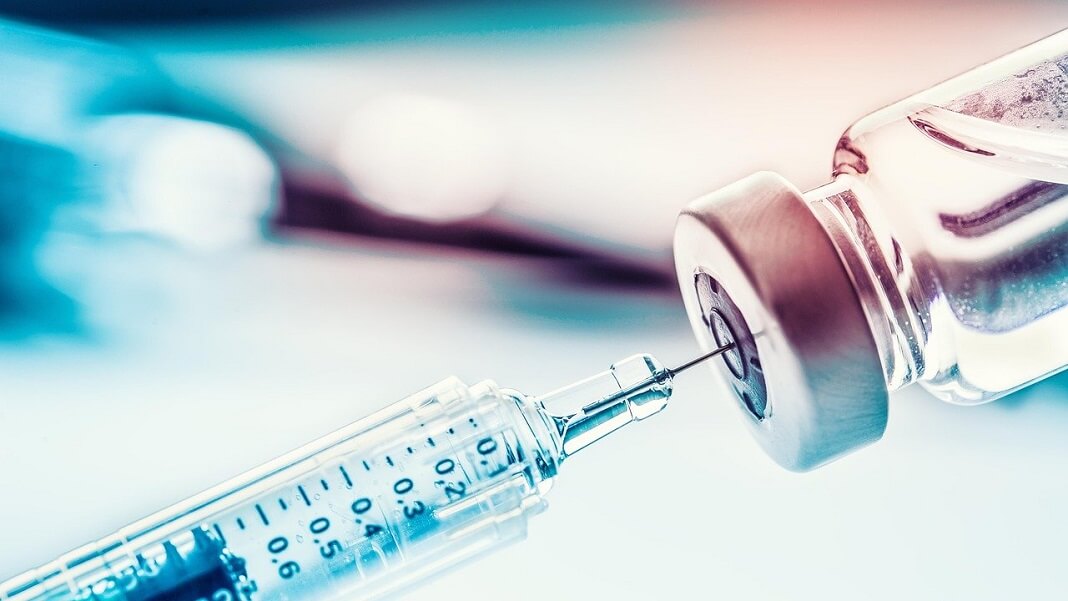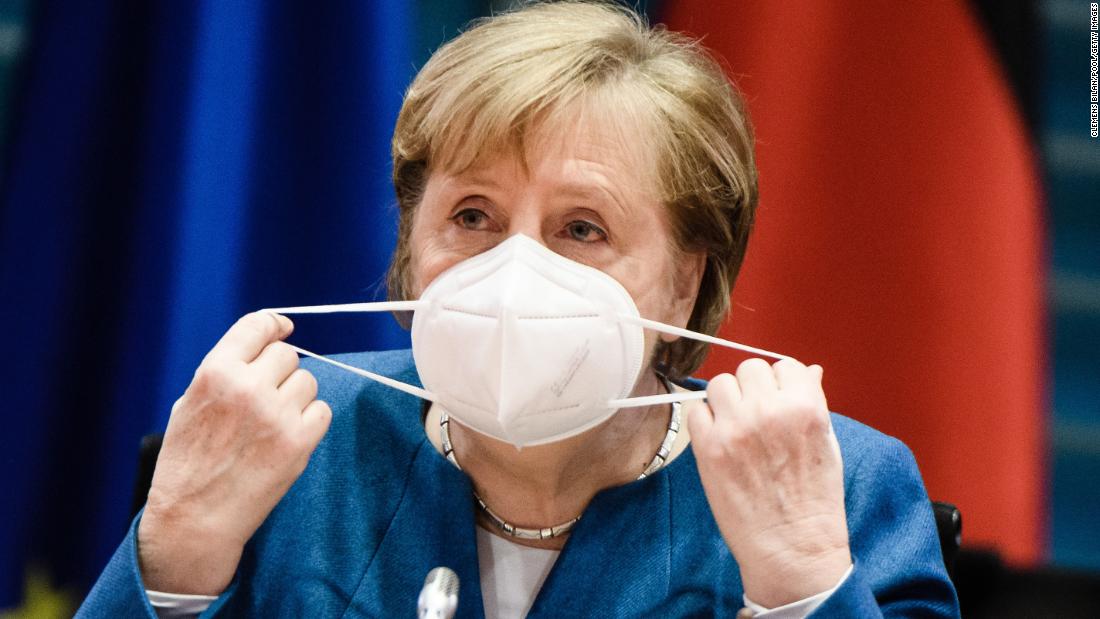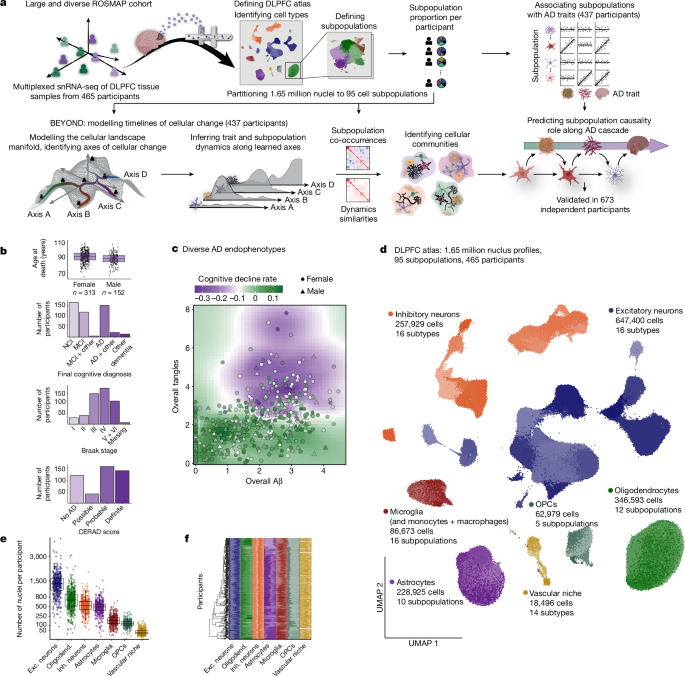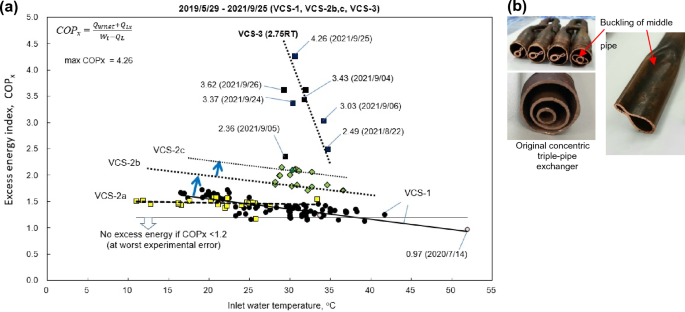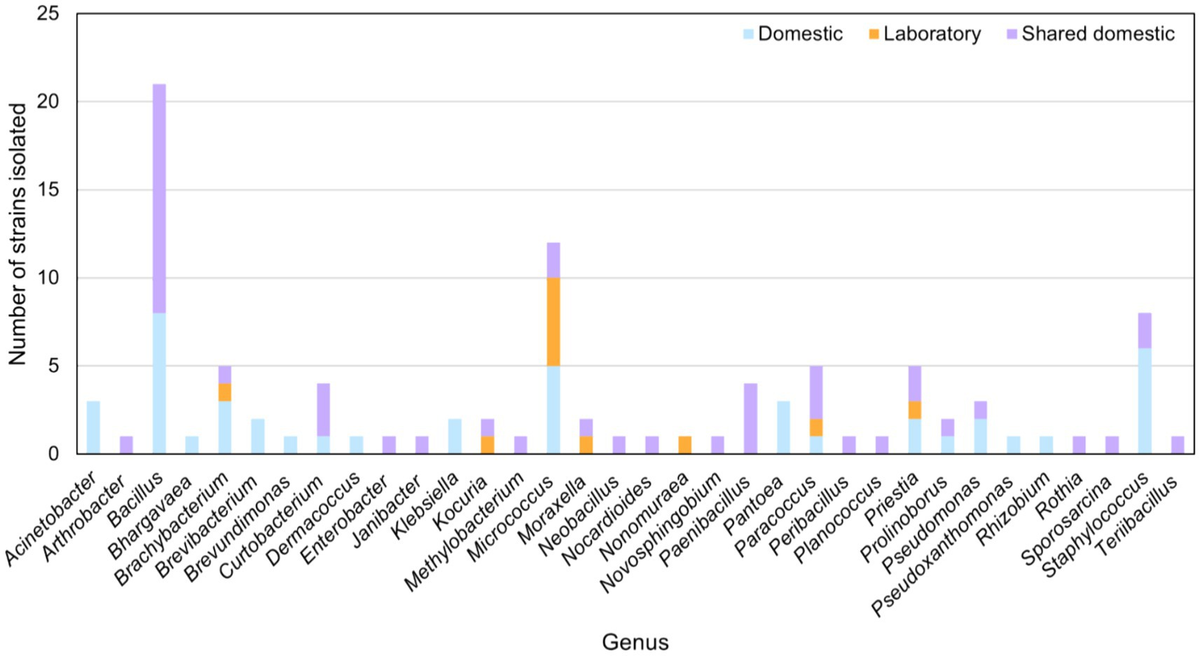
What Is Wrong with Pertussis Vaccine Immunity?
2Assistant Professor of Pediatrics, Sidney Kimmel Medical College at Thomas Jefferson University, Division of Infectious Diseases, Nemours/Alfred I. duPont Hospital for Children, Wilmington, Delaware 19803
Pertussis is resurgent in some countries, particularly those in which children receive acellular pertussis (aP) vaccines in early infancy and boosters later in life. Immunologic studies show that, whereas whole-cell pertussis (wP) vaccines orient the immune system toward Th1/Th17 responses, acellular pertussis vaccines orient toward Th1/Th2 responses. Although aP vaccines do provide protection during the first years of life, the change in T-cell priming results in waning effectiveness of aP as early as 2–3 years post-boosters. Although other factors, such as increased virulence of pertussis strains, better diagnosis, and better surveillance may play a role, the increase in pertussis appears to be the result of waning immunity. In addition, studies in baboon models, requiring confirmation in humans, show that aP is less able to prevent nasopharyngeal colonization of Bordetella pertussis than wP or natural infection.
Acellular pertussis vaccines provide protection during the first years of life, but their effectiveness wanes a few years post-boosters. This may be because these vaccines tend to produce Th1/Th2 responses (instead of Th1/Th17).


